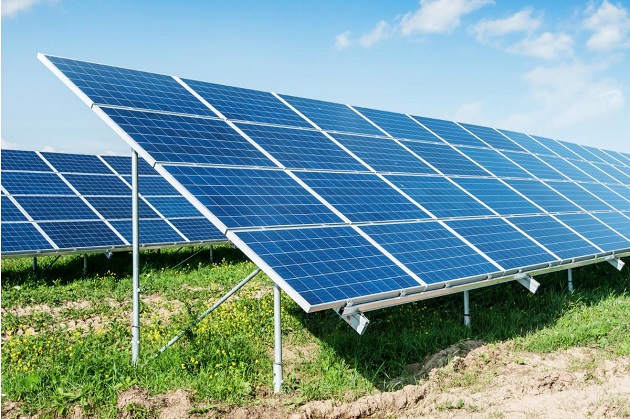India will need at least $125 billion to fund its ambitious plan to increase the share of renewable power supply in the country’s grid by 2022, said a top government official, stating the immense financing challenge ahead.
The nation is one of the world’s most important growth markets for renewable energy. Millions of Indians are not yet linked up to the power grid but as the country of more than a billion people prospers, it is experiencing surging demand.
To put India’s $125 billion requirements in context, global corporate funding for the solar industry – the world’s fastest-growing electricity source – was a tenth of that amount in 2017 at $12.8 billion, research firm Mercom says. In 2015, India said investment of $100 billion in the seven years to 2022 would be needed to meet its renewable energy goals.
Installed renewable power capacity is currently about 60 gigawatts (GW), and India plans to complete the bidding process by the end of 2019/20 to add a further 115 GW of installed renewable energy capacity by 2022. To do that, Anand Kumar, secretary at the ministry of new and renewable energy, said to Business Line that investment of at least $125 billion would be needed.
India, which receives twice as much sunshine as European countries, wants to make solar central to its renewable expansion. It expects renewable energy to make up 40 percent of installed power capacity by 2030, compared with 18.2 percent at the end of 2017. Kumar said that $125 billion was a “conservative estimate” and foreign capital would be central to achieving the goal.
Private equity firms, US banks including Goldman Sachs, JPMorgan and Morgan Stanley, and European utilities EDF and Engie are already investors or lenders in India’s renewable energy sector. India will also require support from development banks, like the World Bank, Kumar said.
IREDA, a state-run financier for renewable energy, raised $300 million by selling rupee-denominated bonds, known as masala bonds, in the United Kingdom last year. The bonds were subscribed 1.7 times. “We are also looking to raise another $500 million through IREDA through masala bonds early next financial year,” he said.








